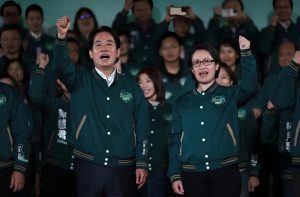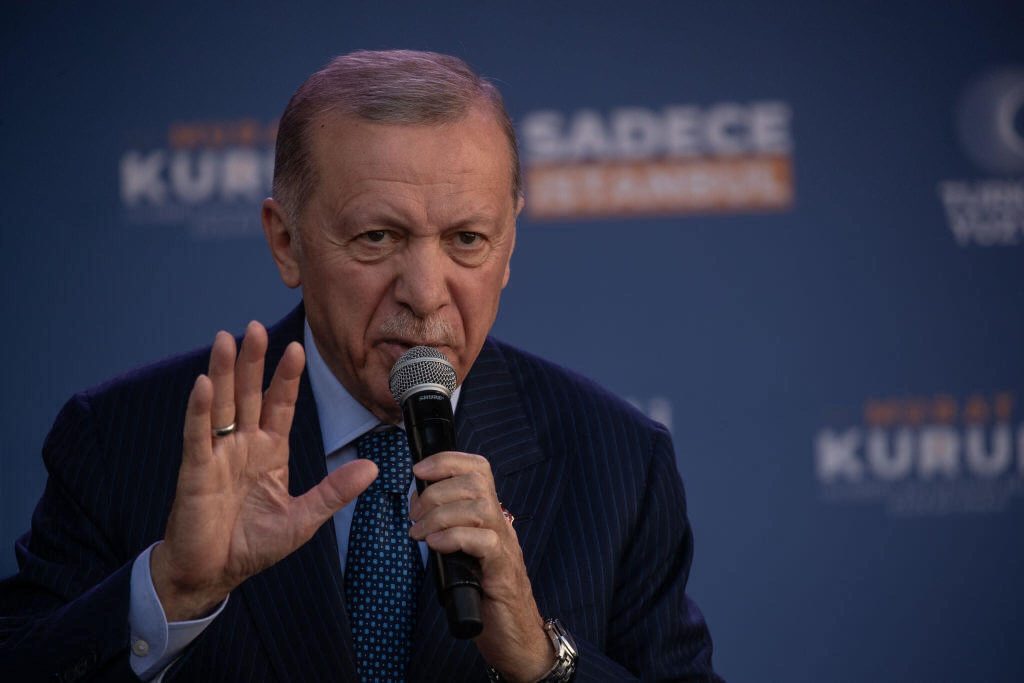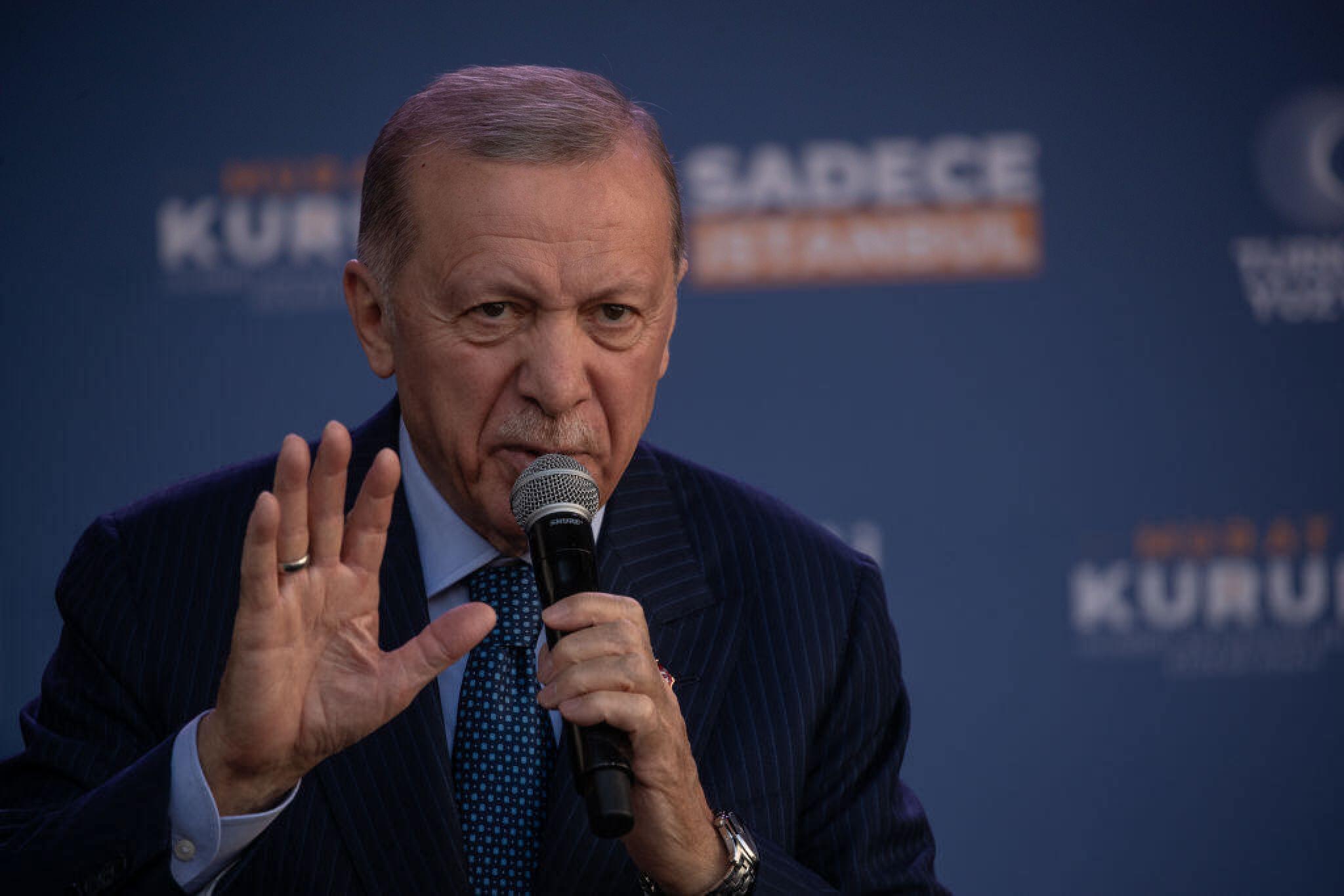








The opposition’s metropolitan victories in Türkiye’s local elections are reshaping the political balances. History was made in Istanbul and Ankara.


Welcome back to World Brief, where we take a look at the aftermath of Türkiye’s local elections, highlighting the significant victories of the opposition in key cities including Istanbul and Ankara. This shift represents a major political setback for President Erdogan and his AK Party, altering the power dynamics in the country. The elections, marked by high voter turnout and tactical voting, especially in Istanbul, reflect the evolving political sentiments among Türkiye’s electorate. As the nation anticipates future political developments, these election results are seen as a turning point, reshaping Türkiye’s political future.
The election time winds up the whole nation together. The local municipality elections in Türkiye took place yesterday, March 31, 2024. As per the procedure, the candidates are voted by the country’s citizens, and at the end, after the votes have been counted, the winner is announced. This local election was held to elect mayors and administrative officials in the 81 provinces of Turkiye. With this year’s elections, President Erdogan’s AK Party (Justice and Development Party) aimed to reclaim the cities lost in the 2019 elections to the opposition.
As a recap of the last voting, Istanbul and the capital, Ankara, was lost to CHP in the previous elections, two of the influential cities of Türkiye. We also saw President Erdogan worked hard for the AK Party campaign in this election. His aim to regain the cities of Istanbul and Ankara was to strengthen his reign as the President of Türkiye. As per the campaigning of CHP, Ekrem Imamglu and Mansur Yavas were up for reelection this year. There are talks about how if Istanbul’s mayoral candidate Imamglu won again, he would stand up for the next presidential elections in the nation in 2028.
With the last night’s counting of the votes, Imamglu would remain the Mayor of Istanbul, taking the victory in the election against Murat Kurum by more than 10% votes. It is a matter of time before we see if Imamoglu would be up for the presidency challenge. In the capital, Yavas wins the mayor seat again, taking the victory against Turgut Altinok by almost 30% of the votes. Another big city of Turkiye, Izmir, also gained an opposition party mayor; Cemil Tugay won against Hamza Dag with nearly 12% of the votes. The local political trends at Turkiye saw a few interesting changes; the Kurds, who are 10% of the electorates in the city of Istanbul, tactically voted in this term.
Istanbul holds not only economic importance for President Erdogan, but also sentimental value as it is where he began his political career as the Mayor. It is worth noting that while the elections and the voting process were perceived as free, they were not deemed fair by the opposition voters and parties. It is also well known that Erdogan’s party has significant influence over the media, according to the media rights and controls, which results in more airtime and a larger platform, but also forces the opposition to rely on social media.
This year’s election marks a significant political shift within the nation of Türkiye. It represents a major setback for the long-standing President Chief and the AK Party, which has held office for over 20 years. As per Erdogan, the ballot box of March 31, 2024 is not the end of his reign and his party, but it certainly signifies a turning point in Türkiye’s political landscape.
Written By: GABRIEL RAMIREZ
Written By: DILARA SAHIN
Written By: DILRUBA YILMAZ
Written By: NILAY CELIK
Written By: ELDANIZ GUSSEINOV
Written By: JOSEF SCHOEFL
Written By: SELCAN BEDIRHANOGLU
Written By: FATIH CEYLAN
FA’s flagship evening newsletter guilding you through the most important world streis ofthe day. Delivered weekdays.
